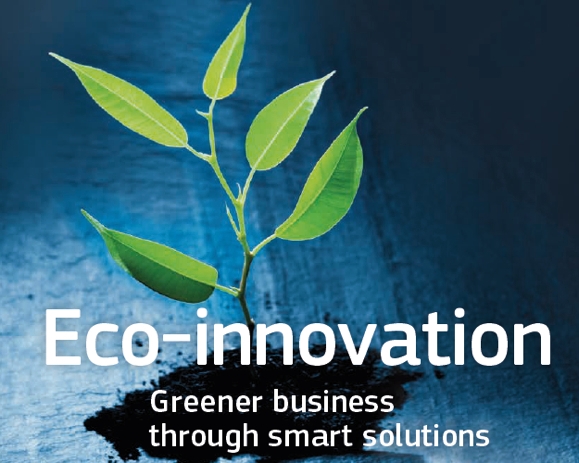Generally, companies that adopt an Environmental Management System (EMS) based on the ISO 14000 family of international standards, and which is normally designed to help reduce the business’s environmental impact, back this up with sincere, long term investment in environmentally-friendly practices and technologies, as suggested also by a recent review.
Researchers of this latest study found that the adoption of the ISO 14001:2004 requirements for certification was not “greenwash“, but reflected in fact a move towards more sustainable practices in both European and North American companies.
Environmental management systems, such as the international standard ISO 14001:2004 and the European Union’s Environmental Management and Audit Scheme (EU EMAS III), provide a holistic approach towards reducing the environmental impacts, and the number of companies that are using these management systems has increased rapidly in the last years.
Although this argument has strong importance and obvious positive merit, it has been suggested that companies may decide to use environmental management systems as a form of greenwashing.
This means that companies that allegedly run misleading green marketing campaigns and communications, might adopt such environmental management systems purely as a marketing tool, hoping to win somehow over consumers’ and other stakeholders’ expectations without having to invest in underlying green initiatives and eco-friendly practices.
In conjunction with previous research, it has been proposed, in particular, that North American companies are most likely to utilize the ISO 14001:2004 standard as greenwash than European companies.
In this latest study, examiners set out to investigate the real companies’ motivations for adopting the ISO 14001 certification standard, and to investigate whether these reasons differed between European and North American companies.
The researchers used data from the Global Manufacturing Research Group, a multinational body that conducts surveys that are standardized and refined by international experts.
The questionnaires were sent to 231 companies in three North American countries (Canada, Mexico and the United States) and 370 companies in seven western European countries (Austria, Finland, Germany, Ireland, Italy, Sweden and Switzerland), between the years 2006 and 2009.
Plant managers were asked to rank how far their companies had gone towards implementing ISO 14001:2004, and then asked how much investment there was in Environmental Supply Chain Management (ESCM), for example, in their pollution reduction plans, as well as recycling and waste reduction measures.
The researchers then used investment in ESCM to reflect the true intentions behind the company’s environmental strategy. The results show that companies that had made more effort to implement the ISO 14001:2004 standard did invest more in ESCM.
Although this does not mean that environmental management systems are never used as greenwash, it does suggest that, overall, the international ISO 14001:2004 standard does lead to genuine and profitable environmentally-friendly investments.
Furthermore, there was no difference in either levels of adoption of ISO 14001:2004 or investment in ESCM between western European and North American companies.
The study concludes that this research does not support claims that North American companies are more likely to use the ISO 14001:2004 purely as a marketing tool.
Overall, the results indicate that ISO 14001:2004 is a worthwhile system that does lead to increased investment in reducing companies’ environmental impact.
The authors of this study call for this research to be further expanded in order to include other European countries and across Asia.
They also caution that this study only measured investment, and suggest that more detailed research is needed into how much environmental impacts are actually reduced.
Information Source: European Commission, DG Environment.
We help our clients and partners address the most pressing economical, political, social and environmental challenges. If you want to learn more about our sustainability practices, please Contact Us for an initial introductory consultation to discuss what management and communications systems you may need for complete sustainability legislative and regulatory compliance, and better measurement and reporting of TBL performance.








Leave A Comment
You must be logged in to post a comment.